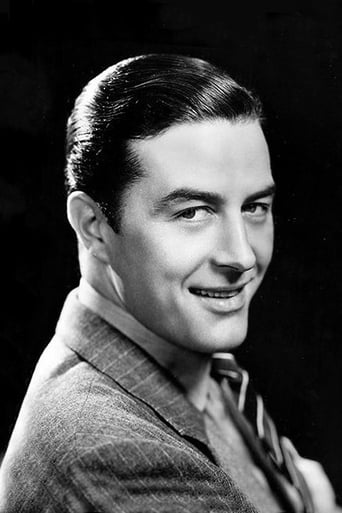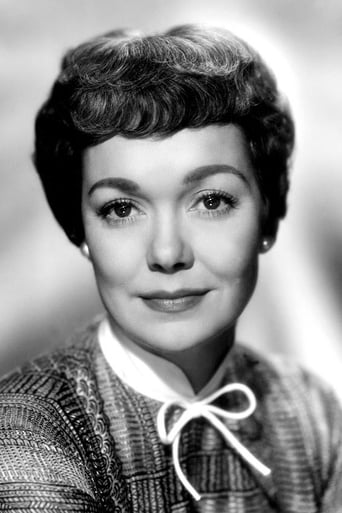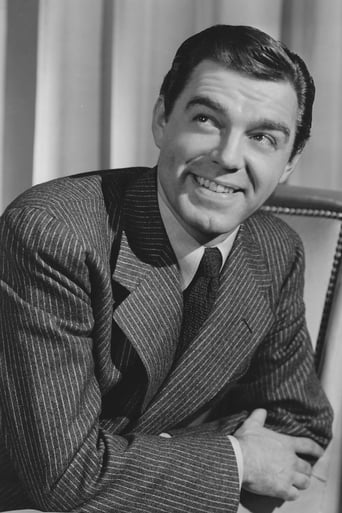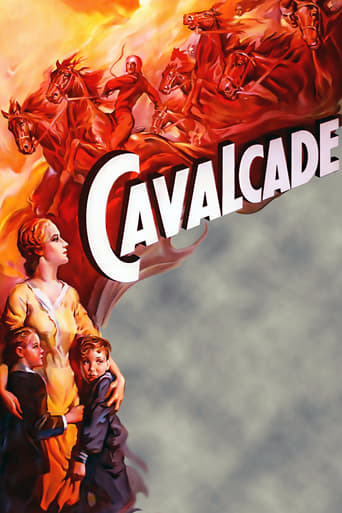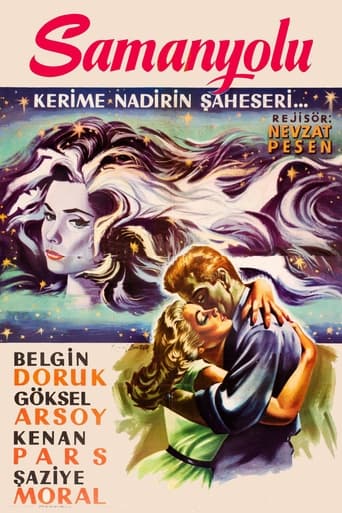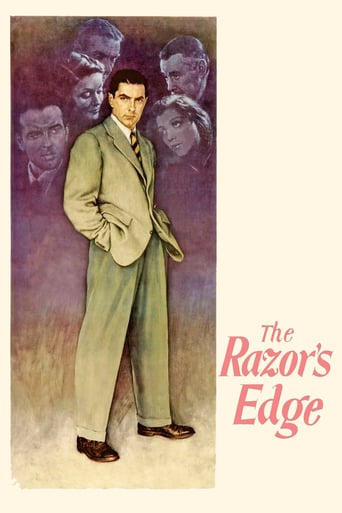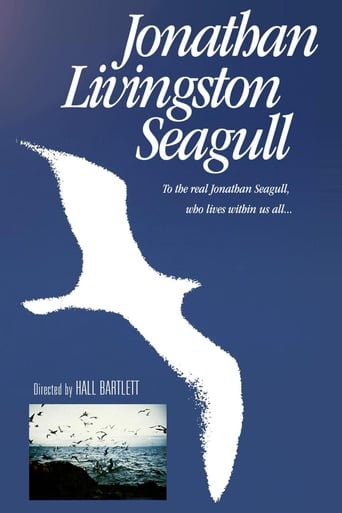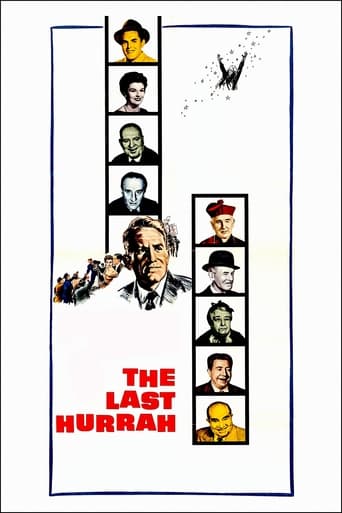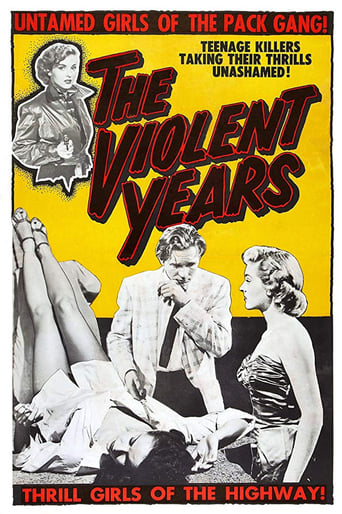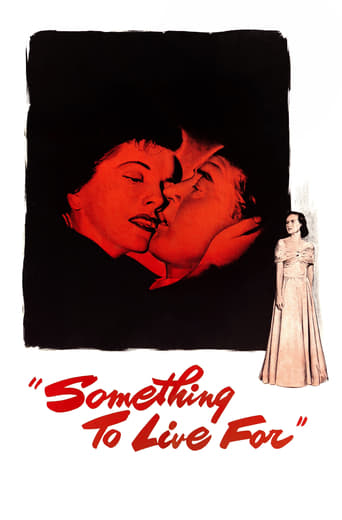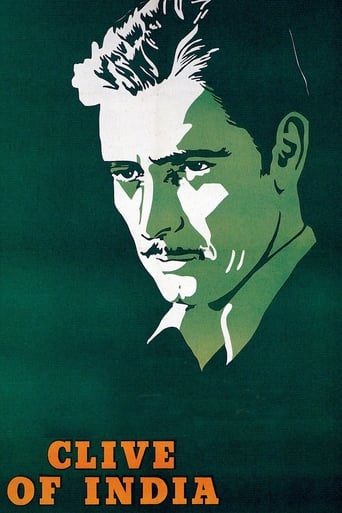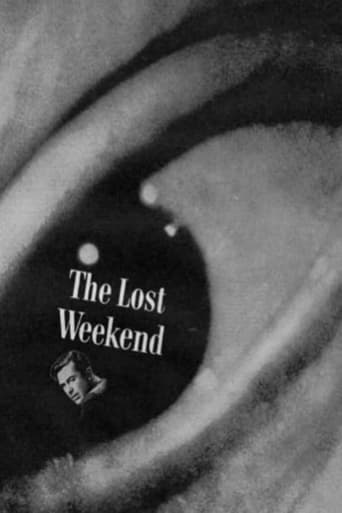
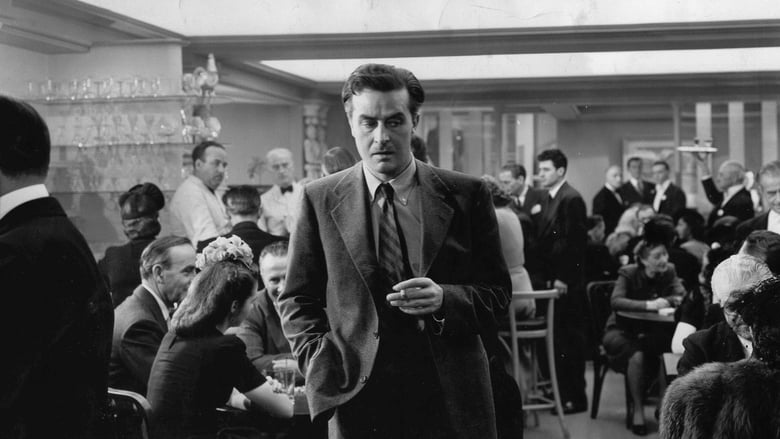
The Lost Weekend (1945)
Don Birnam, a long-time alcoholic, has been sober for ten days and appears to be over the worst... but his craving has just become more insidious. Evading a country weekend planned by his brother and girlfriend, he begins a four-day bender that just might be his last - one way or another.
Watch Trailer
Cast
Similar titles
Reviews
Waste of time
Go in cold, and you're likely to emerge with your blood boiling. This has to be seen to be believed.
It really made me laugh, but for some moments I was tearing up because I could relate so much.
Exactly the movie you think it is, but not the movie you want it to be.
(Flash Reviews)Thrust into a man's mind who is literally perspiring to get a drink. A man so consumed with the thought of drinking or where and when his next drink will come that the whole town, family and friends are aware and either help or reluctantly enable him. He really just wants to be a writer but thoughts of drinking always distract him. The director really gets you into granular details of the desperation this man who is constantly in need of a drink. Details such as seeing liquid ring residue of each shot he's taken at a bar or secret hiding places he hides bottles from his family. It shows the effect on family and friends, not in a preachy way, but very realistic so I tip my hat to the screenplay writers. Looks like this was before AA was a reality...? One of the most intense and gritty tales of an alcoholic I've even seen and this was done in 1945!
You'd love to write off The Last Weekend. "Oh, another of those 40s 'social issues' pictures, fraught with contrived scenarios, posturing affectations instead of performances, and a gentle, comforting blanket of artifice throughout." You watch it, and chortle to yourself that it's done well enough for the time, but cute, and showing its age. You, you think, chest puffed, have weathered Requiem for a Dream, Trainspotting, Leaving Las Vegas and more. This quaint 1940s addiction drama won't leave much of a mark on you.You'd love if that were all true.Then it hits you. The film ended 15 minutes ago, and you're still staring down at the floor, in a numb, foggy daze. Every time you close your eyes, you're ravaged by visions of bats crawling out of the walls drooling streaks of blood, or enigmatic, overlapping rings of liquid, like the Olympics emblem turned aquatic pentagram. You hum tunelessly to drown out the frenzied, feral screeches of a sanitarium at night. Your stomach turns at the thought of snapping yourself out of it with a stiff...drink.The high, the haze, of Billy Wilder's masterpiece have worn off. Welcome to the hangover. You let the sordid weight of the picture cascade over you over and over again, like waves dissolving a sandy shoreline to nothingness. You gulp back sin and regret. And, feverishly, you remember. You remember Billy Wilder, coughing up a lung blacker than any noir tryst here. He takes a pot shot towards melodrama and horror movie, and, in the gutter between, hits jackpot. It's a simple story of a simple addiction, taking wonderful, terrible flight in the trace details, with every second shot lined with liquor bottles looming like tombstones, or cascading from the ceiling light fixture like a Bat-signal of blissful betrayal. If you'd gone drink-for-drink with Don Birnham, you muse, you'd have been dead before the first third. And you say a silent prayer for the countless real-life Don Birnhams who have tried and succeeded. You remember that script - too raw, too honest, to not be gutted from the shameful autobiography of its writer, Charles Jackson, who understood the conniving, the ingenuity, the bargaining, bartering, begging, and gamut of lawbreaking rationalized away in the Sisyphean quest for another drink all too well. That pace - creeping indiscernibly from early pleasantries, the eloquent, airy monologues, the guilty laughs, into a steadily tightening vice of claustrophobic, fatalistic despair. The shame of being caught in an unthinkable act, and braying "This isn't me!" more to yourself than your abhorring audience. A lurch all too familiar to those who have added their own barrage of vicious circles to the local watering hole's table top. And that bit where it all goes black, though this sleep has only swirling nightmares to offer. You remember that theremin - more eerie here than any of its usual otherworldly creature feature companions by being as distressingly real as they are reassuringly false. And you remember Ray Milland, all right. Too charming a firebrand not to love, too weaselly, willfully self-destructive not to loathe. He seduces and betrays us and himself over, and over, and over again, and over, and over, and over again we crawl back to him, entranced by his flashing, manic eyes, his glib, sharp tongue, and his crumpling of the deepest ebb of despair. We spare a thought for Jane Wyman, resiliently chipper in the face of a black hole, Philip Terry, charm dulled into flat affect by relentless disappointment, and Howard Da Silva, the warmly roguish angel and devil on the shoulder at once. But it is Milland's ghoulish face, leering like Norman Bates yet pleading like one of his victims, that you fight to expunge from your pounding skull. And is it all a nightmare, to be shaken awake from by a deus-ex-typewriter Hays Code ending as disingenuous as it is jarringly chirpy? Or is this merely another red herring, with another liquor bottle always dangling out the window, or behind the book case, biding their time until the despicably opportune moment presents itself? Only time will tell. But, let's not forget that a circle is the perfect geometric shape. No end. No beginning. One thing is indisputable: whether you bury it fearfully or binge it with the unquenchable ferocity of a Don Birnham, you'll never forget this Lost Weekend. You'll try. But you won't. Delirium is a disease of the night, my friend. Goodnight. -9/10
Will he quit drinking Even if he convinces so at the end of the movie? Is this considered as a noir film or not? Rather, what is a noir film if this is not. Don Birnam, why is he addicted and does he drink only on weekends or on weekdays (Monday to Friday) too?These were the questions I was left with when I watched this film for the first time two years ago. I found answers and and am convinced after a third time watch.Will he quit drinking Even if he convinces so at the end of the movie? Ans: Does it really matter. Is this considered as a noir film or not? Rather, what is a noir film if this is not. Ans: No this not a noir film Why is he addicted and does he drink only on weekends or on weekdays (Monday to Friday) too? Ans: He surely has an addiction even on week day too. Reasons for addiction does not bother me as they can be any.Don Birnam (Ray Milland) is an addicted alcoholic who thrives on it and strives for it. His every emotion be it his joy when he finds a bottled or his fears, they are shown in extremely novel style in a time as 1945 where still a movie on alcoholism was a taboo and alcohol drinking was still not so much in films. I am sure, this film has stylized drinking in a way too. Made in an post World War 2 time, the film has to be looked at historically coz this has great historical relevance. Sure, this has all the ingredients of a terrific drama and exactly that is what it turns out to be. It is made uncompromisingly and very very compellingly. Till the very end, we cannot figure out where the movie can lead to. This could have gone anywhere in the climax and the climax is a bit hurried coz it hushes things and ends too quickly to my dislike. I wanted to be savored but had to swallow.This has very strong characters (only 4 important though) and yet you easily sustain a 90 minute drama.I really was happy and surprised to have seen this. It's 3/5 for a film that is good in all ways but still does not rise above to be called great.
What a movie and what a performance by Ray Milland. Don Birnam is an alcoholic writer who just can't get started on anything. He is brilliant and tortured by his own alcoholic demons. This is based on the true life of the writer Charles Jackson. If ever there was a more truthful look at a drunk, this is probably the best. The only other true look would be The Days of Wine and Roses. There are many light moments where Milland goes into line after line of how he wound up this way. How his brother Wick had given him a place to live and a few dollars for shows and smokes. Jane Wyman is the long suffering girlfriend who won't give up on him. Sometimes we feel that she won't give up because she needs to be right for him and herself. I like Howard DeSilva as the bartender Nate. Even though we despise him for giving the booze to Don, we really feel he does in some way care for this man. He along with Wyman see touches of a really wonderful mind being wasted in a bottle. Milland lost a lot of weight to play this part that was turned down by numerous big stars. He is still so handsome that even when he is in the depths of a alcoholic weekend we wish he would clean up and get back to his life. Many people do not realize that the street shots were from hidden cameras in store fronts and vans. So many people really thought that Milland staggering along was really drunk. In fact some people called the studio to warn them about his bender. Magnificent as he was in this film we had always wished that he had more dramatic parts like this one. The industry just never gave him the best of the best. Well deserved Oscar for this great actor.
